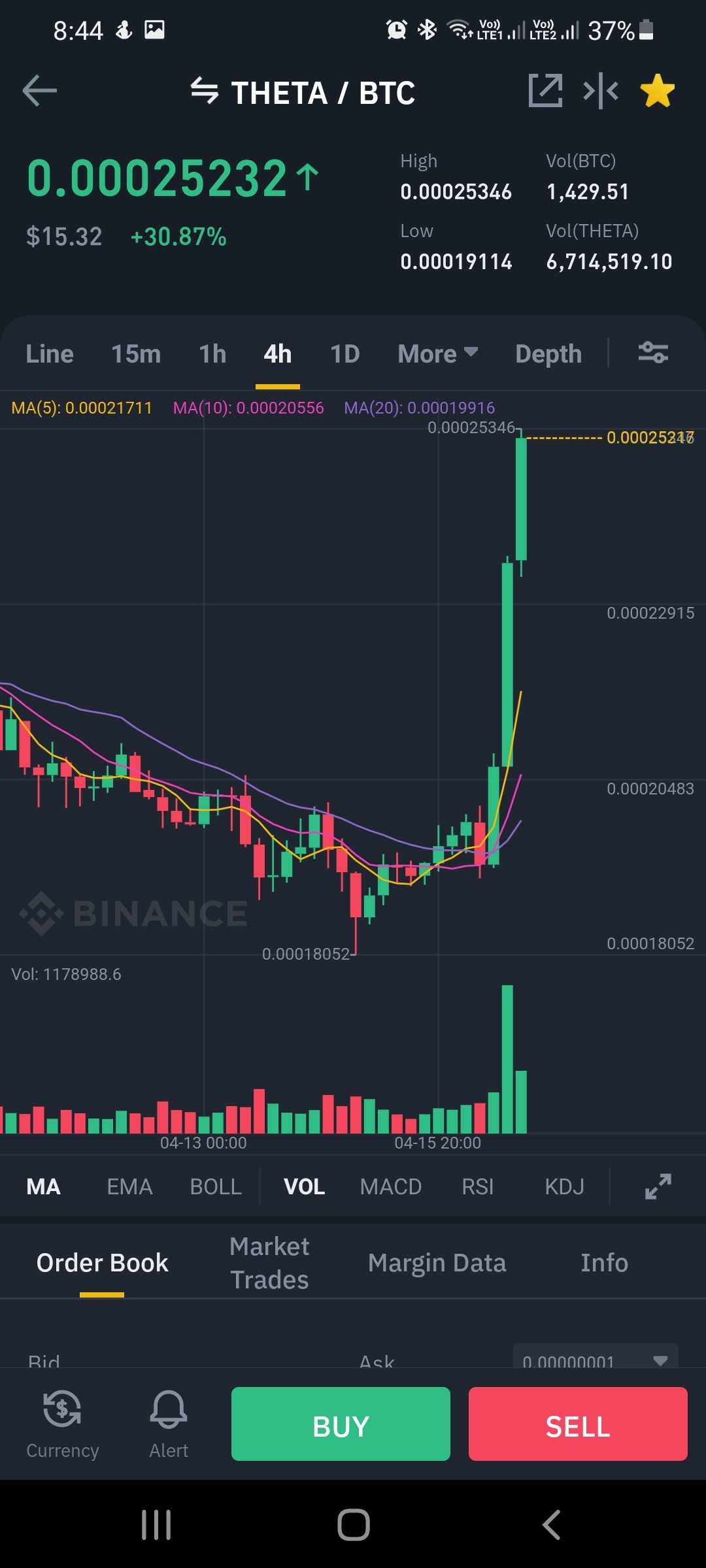
WuM
Mining stocks are my thing.
305Follow
26Followers
0Topic
0Badge
Like and comment pls!
Sorry, the original content has been removed
Like and comment pls
Sorry, the original content has been removed
Like and comment pls
Toplines Before US Market Open on Monday
Like and comment pls!
Wall Street ends down, Apple sinks on app store ruling
Like and comment pls!
Sorry, the original content has been removed
Great
S&P 500 ends down, Big Tech lifts Nasdaq to record
Like nd comment pls!
Strategists Say the Stock Market Could Struggle This Fall. What to Buy Now?
Like and comment pls!
Sorry, the original content has been removed
Like and comment pls!
Sorry, the original content has been removed
Loke and comment pls!
Sorry, the original content has been removed
Like and comment pls!
CrowdStrike shares fell 3.27% in premarket trading
Like and comment pls!
Sorry, the original content has been removed
Like n comment pls!
Sorry, the original content has been removed
Like and comment pls!
Sorry, the original content has been removed
Like and comment pls!
MicroStrategy Has a High Stock Price, a Fat Premium, and Bitcoin. Here’s a High-Risk Way to Play It.
Ok
Wall St extends rally, pushing S&P 500 to 50th all-time high close this year
Like and comment pls!
Wall St gains, Nasdaq notches record closing high on full vaccine approval
Like and comment pls
Sorry, the original content has been removed
Like and comment pls!
Sorry, the original content has been removed
Like and comment pls!
Buy the pullback in chip stocks — and focus on these 6 companies for the long haul
Go to Tiger App to see more news